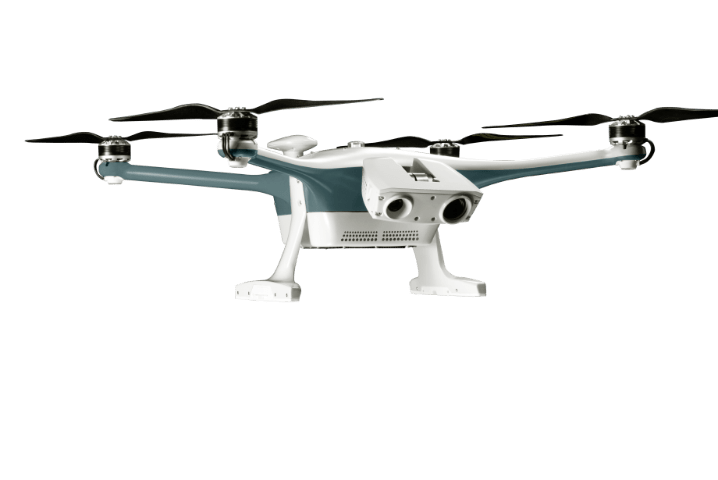The hype around autonomous drones has been building for years. Promises of unmanned aircraft that could fly themselves, collect data, and make decisions without human intervention have been tantalizing. But do autonomous drones really live up to the hype?
The answer is…it depends.
In some cases, autonomous drones have exceeded expectations. For example, in the field of agriculture, drones have been used to survey crops, map fields, and apply pesticides. These tasks can be dangerous or time-consuming for humans, but drones can do them quickly and efficiently.
In other cases, autonomous drones have not yet lived up to the hype. For example, in the field of delivery, drones have been slow to take off. This is because there are still challenges to overcome, such as ensuring that drones can safely navigate in crowded urban areas and that they can deliver packages without damaging them.
Overall, the promise of autonomous drones is still very much alive. However, it is important to temper expectations. Autonomous drones are not a magic bullet. They can be a valuable tool in many applications, but they are not yet a replacement for human pilots.
Here is a more detailed look at the pros and cons of autonomous drones:
Pros:
- Autonomous drones can fly for longer periods of time without human intervention. This makes them ideal for tasks that require sustained flight, such as surveillance or delivery.
- Autonomous drones can be programmed to fly in specific patterns or to avoid obstacles. This makes them safer to operate than human-piloted drones.
- Autonomous drones can collect data more efficiently than humans. This can be used for tasks such as mapping, surveying, and inspection.
Cons:
- Autonomous drones are still relatively new technology, and there are still challenges to overcome. For example, they can be difficult to program to fly in complex environments.
- Autonomous drones can be expensive to purchase and operate. This limits their use to businesses and organizations that can afford them.
- There are still concerns about the safety of autonomous drones. For example, there is a risk that they could collide with other aircraft or people.
Overall, the pros and cons of autonomous drones are still being weighed. However, the potential benefits of this technology are significant. As the technology continues to develop, autonomous drones are likely to become more widespread and affordable.
Where are autonomous drones being used today?
Autonomous drones are being used in a variety of industries, including:
- Agriculture: Drones are used to survey crops, map fields, and apply pesticides.
- Construction: Drones are used to inspect construction sites, survey damage, and deliver supplies.
- Energy: Drones are used to inspect power lines, oil pipelines, and other critical infrastructure.
- Security: Drones are used for surveillance, perimeter security, and crowd control.
- Delivery: Drones are used to deliver packages, food, and other goods.
What are the future trends for autonomous drones?
The future of autonomous drones is bright. As the technology continues to develop, drones are likely to become more sophisticated and capable. They are also likely to become more affordable, which will make them more accessible to businesses and organizations.
Some of the future trends for autonomous drones include:
- Increased use in commercial applications: As the technology continues to develop, drones are likely to become more widely used in commercial applications. For example, drones could be used to deliver packages, provide security, or inspect infrastructure.
- Increased use in military applications: Drones are already being used in military applications, and this use is likely to increase in the future. For example, drones could be used to conduct surveillance, deliver weapons, or even fight in combat.
- Increased use in personal applications: Drones are already being used for personal applications, such as photography and videography. This use is likely to increase in the future, as drones become more affordable and easier to operate.
Overall, the future of autonomous drones is very promising. This technology has the potential to revolutionize many industries and make our lives easier and safer.





